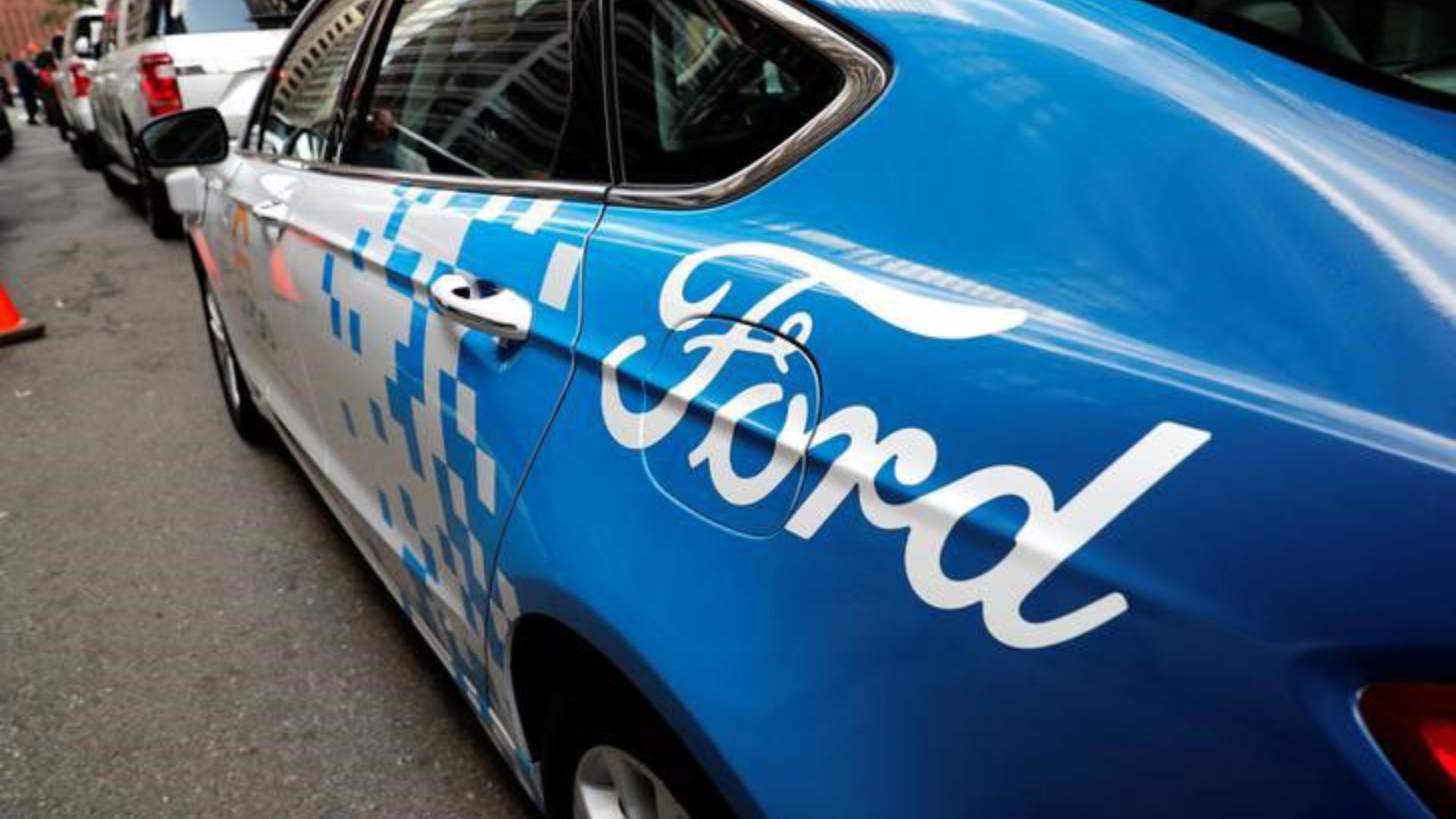WASHINGTON, June 7 (Reuters) – Five automakers including Ford Motor Co (F.N), Volkswagen AG (VOWG_p.DE) and Honda Motor Co (7267.T) on Tuesday backed efforts by President Joe Biden’s administration to restore California’s ability to set its own strict tailpipe and zero-emission vehicle standards.
Joined by BMW AG (BMWG.DE) and Volvo Cars, the automakers in a court filing backed the U.S. Environmental Protection Agency’s (EPA) decision to restore the authority that was withdrawn under former President Donald Trump.
Last month, a group of 17 states filed a challenge to the EPA decision in the U.S. Court of Appeals for the District of Columbia, while California and 19 other U.S. states and the District of Columbia have backed the waiver reinstatement.
In July 2019, Ford, Honda, VW and BMW struck a voluntary agreement with California on reducing vehicle emissions that was less stringent than rules previously adopted under former President Barack Obama but higher than Trump’s rollback. Volvo joined the deal in 2020.
Seventeen states have agreed to adopt California’s tailpipe emissions rules and 15 have backed its zero-emission vehicle requirements.
The EPA in March reinstated a waiver under the Clear Air Act awarded to California in 2013. The agency also rejected a Trump-era decision to bar other states from adopting Sacramento’s tailpipe emission standards.
Biden has set a goal of 50% of new-vehicle sales being electric or plug-in electric by 2030, but has not endorsed phasing out gasoline-vehicle sales by any specific date.
The EPA in December finalized new vehicle emissions rules restoring targets undone by Trump and requiring a 28.3% reduction in vehicle emissions through 2026.
In February 2021, Toyota Motor Corp (7203.T), Fiat Chrysler (now Stellantis (STLA.MI)) and other major automakers joined General Motors (GM.N) in abandoning support for Trump’s effort to bar California from setting its own zero emission vehicle rules.
Governor Gavin Newsom said last month California would “stand with the federal government in defending against these radical efforts to upend … California’s clean transportation future.”











